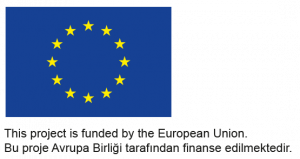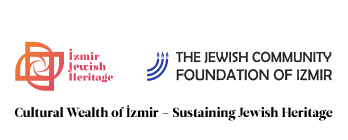Salamon Algazi
(1610?– c. 1683)
Algazi, the grandson of Joseph de Segovia Benveniste, was born in Bursa. He studied under his father and the poet Joseph Ganso, as well as Joseph Sasson and Meir de Boton at their yeshivah in Gallipoli. Algazi settled in Jerusalem in 1635, but was in Smyrna in 1646 – apparently in order to publish some of his works. Here he remained and was considered one of the city’s outstanding scholars. He founded a bet midrash whose students included his son-in law, Aaron Lapapa, and Ḥayyim b. Menahem Algazi, later rabbi of Rhodes. Algazi opposed Shabbetai Ẓevi and his followers; together with his son-in-law and other scholars, he excommunicated Shabbetai Ẓevi and stated that he deserved the death penalty. Compelled to flee and hide outside the city, when Shabbetai Ẓevi’s apostasy became known (1666) he returned to Smyrna and resumed his position. Algazi assumed the additional name Nissim on recovering from a serious illness contracted during his travels. He returned to Jerusalem about 1670, and by 1673 was head of the local bet din. Algazi achieved a reputation for his saintliness and was reputed as a miracle worker. Among his many works are Yavin Shemu’ah (Venice, 1639), a commentary to the Halikhot Olam of Jeshua b. Joseph and to Sefer Kelalei ha-Talmud of Joseph Caro with additions entitled Halikhot Eli (Smyrna, 1663); Gufei Halakhot (ibid., 1675); Ahavat Olam (Constantinople, 1642), the first of four volumes of homiletics; Raẓuf Ahavah and Appiryon Shelomo (Verona, 1649), a commentary to the homiletical passages of the tosafists; Ta’avah la-Einayim (Salonika, 1655), an elucidation of difficult talmudic passages in the Ein Ya’akov of Jacob *Ibn Ḥ abib, with the addition of passages omitted by him; and Leḥem Setarim, on the tractate Avodah Zarah (Venice, 1664); his Ziknat Shelomo, a commentary on the Ittur of Isaac b. Abba Mari, was never published.

